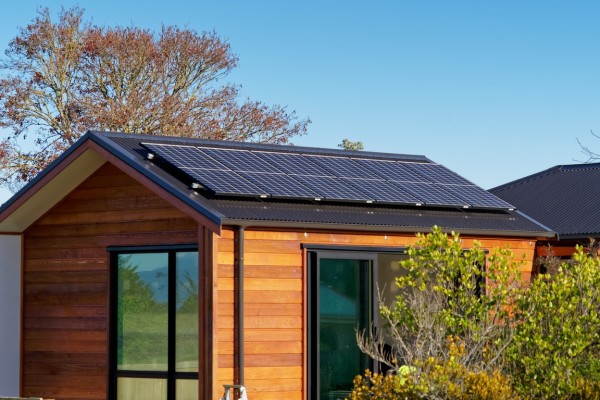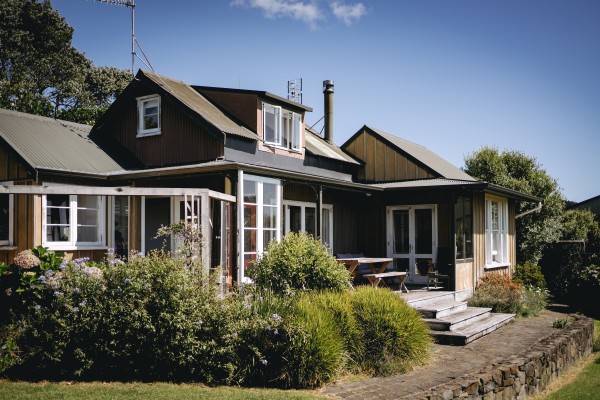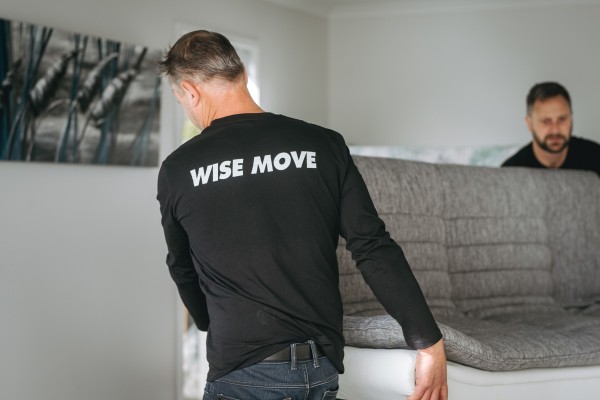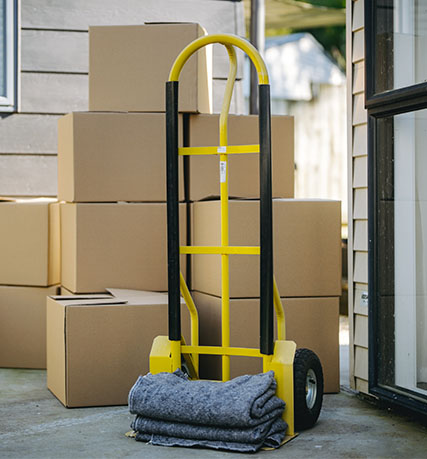What is a leasehold property in New Zealand?

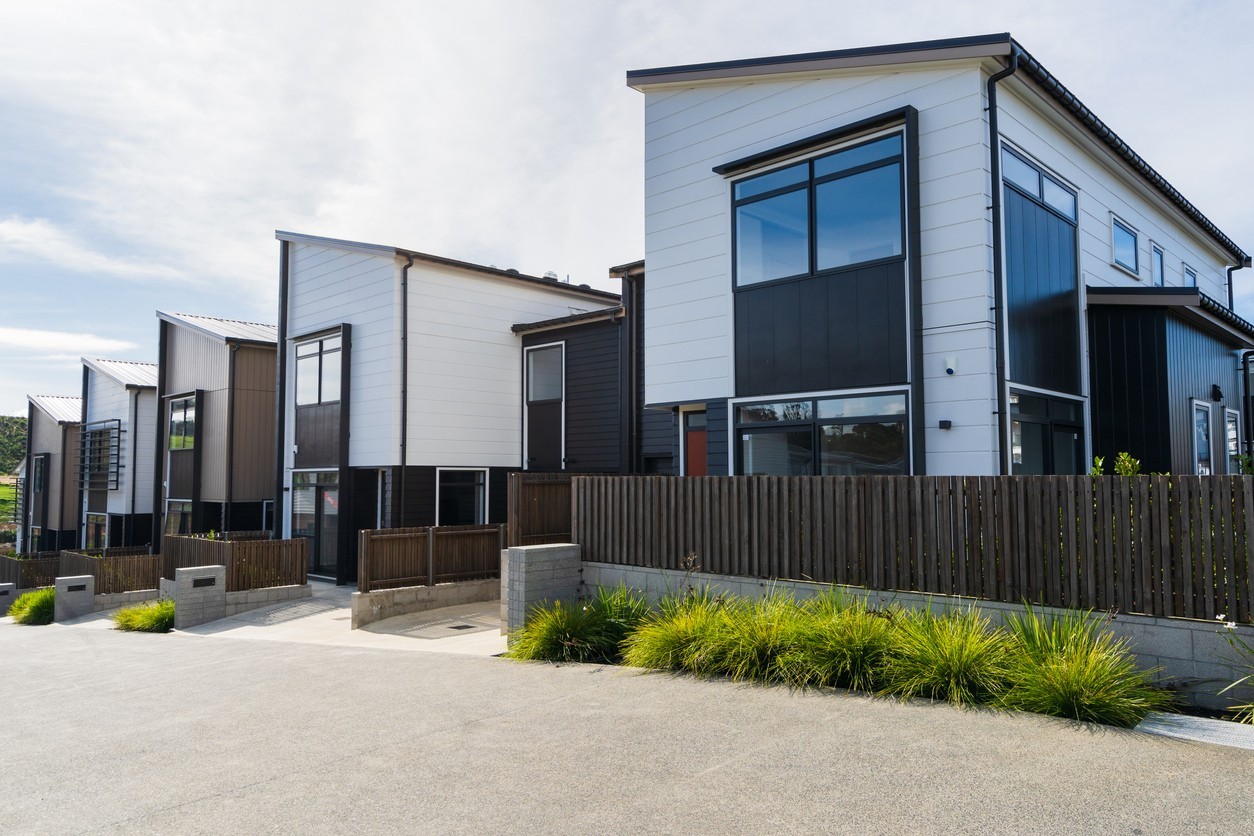
If you are buying a house in New Zealand, there are some key terms you should understand. A leasehold property is one of these terms. Learn about the pros and cons of a leasehold property and whether this type of property is right for you.
What is a leasehold property in New Zealand?
In New Zealand, a leasehold property is a type of property ownership where you have the right to use and occupy a piece of land or a building for a specific period of time, but you don't actually own the land itself. Instead, you hold a lease from the landowner (often referred to as the "freeholder" or "landlord") for an agreed-upon number of years.
What kind of properties are leasehold in New Zealand?
Most of the time, you’ll find that leasehold properties are apartments rather than houses. Most homes in New Zealand are freehold (where you own the land and the house).
What do I need to know if I’m going to buy a leasehold property?
Before you buy any leasehold property, make sure you are familiar with what this means for you as a property owner.
Lease Term:
The lease term can vary widely from a few decades to 100 years. Some leases might be even longer. The lease agreement specifies the exact duration of the lease.
Ownership:
While you don't own the land itself, you own the improvements on the land, which typically include any buildings or structures. This means you have the right to use, manage, and maintain the property during the lease term.
Lease Payments:
As the leaseholder, you'll usually be required to pay regular lease payments to the landowner. These payments can be structured in various ways, such as fixed payments or payments that increase over time. The terms of payment are outlined in the lease agreement.
Lease Renewal and Termination:
At the end of the lease term, you might have the option to renew the lease. However, you’ll need to negotiate any lease renewal terms with the landowner.
Responsibilities:
As a leaseholder, you are responsible for maintaining the property and complying with any conditions set out in the lease agreement. This means if you own an apartment, you’re responsible for any repairs, maintenance, and any other obligations laid out in the lease.
Devaluation:
One risk of apartment buildings in general, is that they tend to decrease over time. This means, if you’ve bought a leasehold property and sold, you might sell at a loss.
What are the pros and cons of buying a leasehold property?
Leasehold properties might sound like a ‘bad idea’. After all, who wants to buy a home but not own the land they live on? There are upsides to owning a leasehold property.
Pros of Leasehold Properties
Lower Initial Cost:
Leasehold properties are usually cheaper to buy. They have a lower upfront cost compared to freehold properties since you’re only purchasing the dwellings. This can make them more affordable, especially in expensive inner-city areas.
Location:
Leasehold properties are often found in sought-after locations that might otherwise be unaffordable for people looking at freehold housing. With a leasehold property, you might be able to move to a nicer area or an area you wouldn’t otherwise be able to afford.
More Amenities:
Some leasehold properties (like apartments) come with useful amenities like pools, gyms, and gardens that may be included in the leasehold agreement. Factoring in things like parking, gym memberships and outdoor spaces into your budget can make buying a leasehold apartment all the more worth it. Plus, you get the added convenience of having these items on site!
Good investments:
If you’re looking for a long-term rental, leasehold properties can be a great investment. You don’t need to worry about selling as much since you’ll use the passive income for decades to come. Plus, you can factor the leasehold charge into your rent.
Cons of Leasehold Properties
Limited Ownership: You don't own the land itself, which can affect how much your home is worth over time. Land tends to increase (and has done in New Zealand for the last few decades) so chances are you’ll pay more over time for the leasehold.
Lease Renewal Issues:
When the lease term expires, you might have to renegotiate with the landowner. Your lease repayments might increase or the terms of you living there may change. There is a bit of risk involved with a leasehold property. It’s important that you read your contract and hire a lawyer to ensure the terms are favourable for you.
Uncertain Costs:
Many leasehold agreements include escalating ground rent or other fees that can increase over time. This makes long-term financial planning more difficult. While some leasehold properties have amenities, you may be financially (and contractually) obliged to their upkeep.
Resale Challenges:
New Zealanders aren’t overly familiar with leasehold properties. Fewer people want to buy a leasehold property than a freehold property. Make sure you take this into account if you want to sell in the short term.
Less Control:
While you have the right to use the property, you might have limitations on what you can do with it. For example, if you own an apartment, you’ll likely need permission from the body corporate (who will take it to the landowner) before renovating your kitchen or bathroom. This is usually just a case of asking for permission as renovations are disruptive to others in the building. Still, it’s something you should consider.
While leasehold properties can offer affordability and access to prime locations, they also come with some risks that many New Zealand homeowners aren’t used to. If you're considering buying a leasehold property, make sure you do your research, so you know what you’re getting into. Hiring a lawyer to help you navigate your contract and any confusing terms or conditions is a good idea. The financial impact of a leasehold property could affect your budget in the short term and your retirement plan in the future.
What do our customers say?
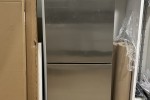

Wherever you are
Moving services across New Zealand. All Covered. No Hassle.
- Auckland
- North Shore
- Wellington
- Christchurch
- Hamilton
- Tauranga
- Palmerston North
- Nelson
- Whangarei
- New Plymouth
- Queenstown
- Dunedin
- Invercargill
- Rotorua
- Napier-Hastings
- Kapiti
- Whanganui
- Gisborne
- Blenheim
- Pukekohe
- Timaru
- Taupō
- Masterton
- Levin
- Ashburton
- Whakatāne
- Rangiora
- Feilding
- Rolleston
- Tokoroa
- Oamaru
- Hāwera
- Gore
- Waiuku
- Waiheke Island
- Greymouth
- Wanaka
- Motueka
- Te Puke
- Huntly
- Matamata
- Morrinsville
- Kerikeri
- Thames
- Kawerau
- Waitara
- Ōtaki
- Lincoln
- Kaitaia
- Stratford
- Alexandra
- Dannevirke
- Carterton
- Dargaville
- Cromwell
- Waihi
- Whitianga
- Snells Beach
- Marton
- Warkworth
- Foxton
- Taumarunui
- Katikati
For every (wise)move

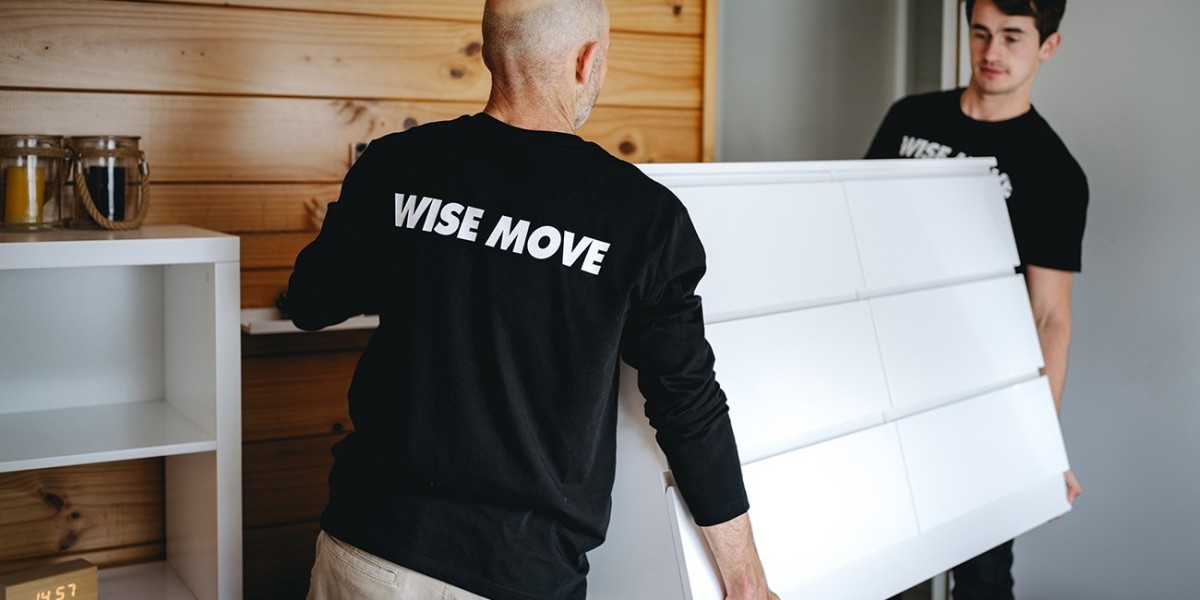





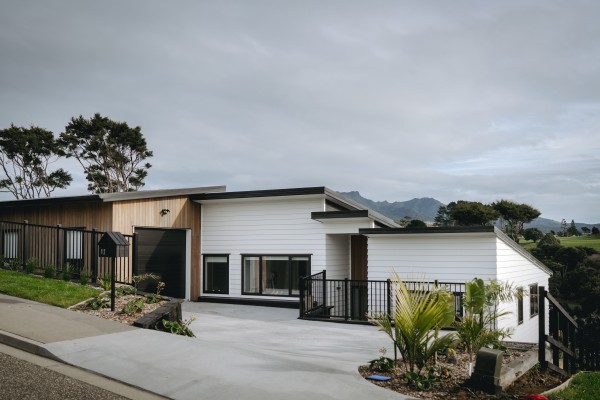
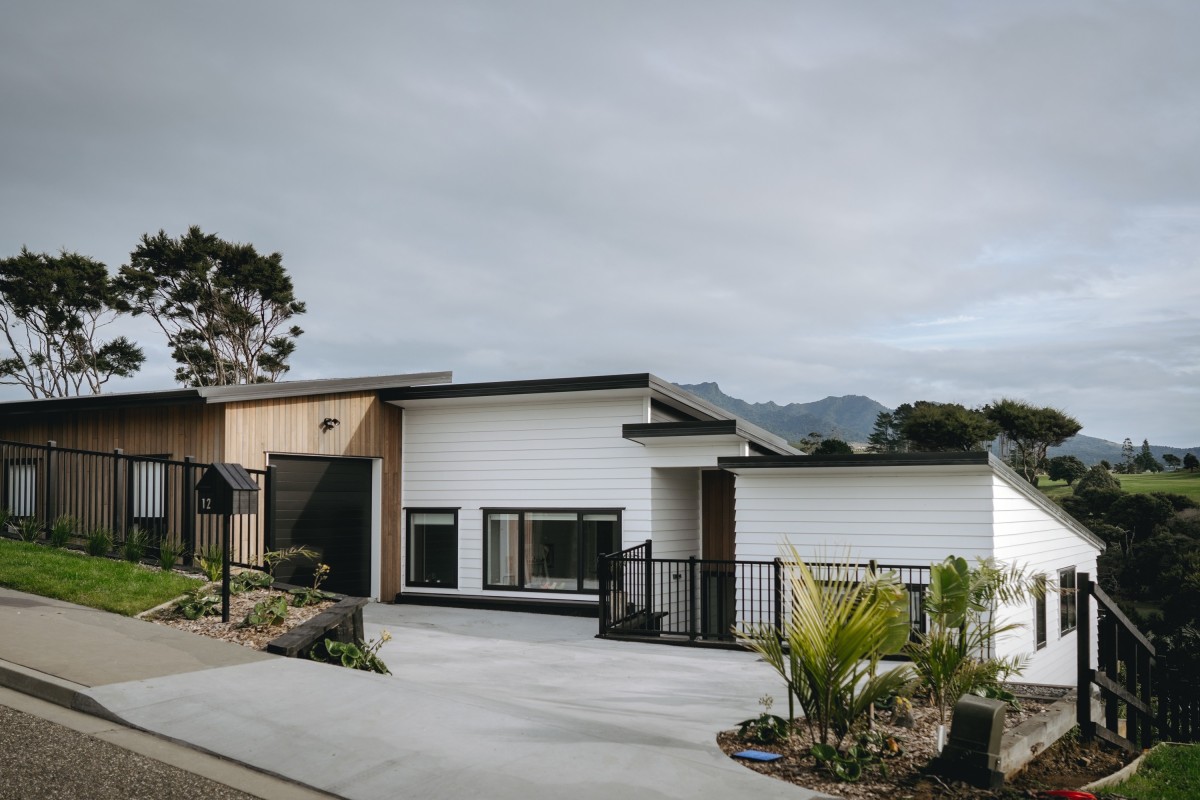
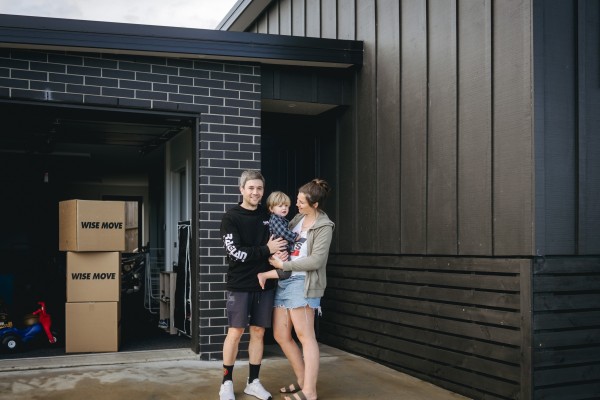
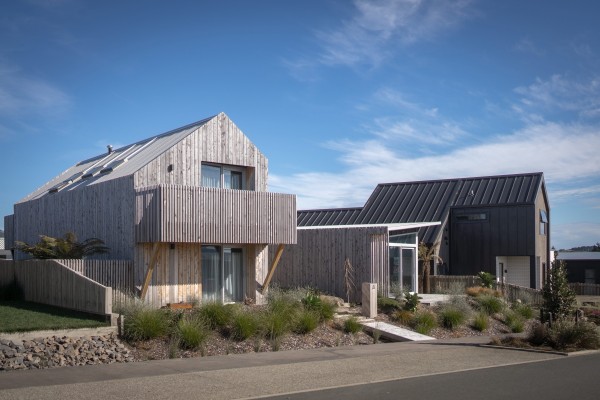
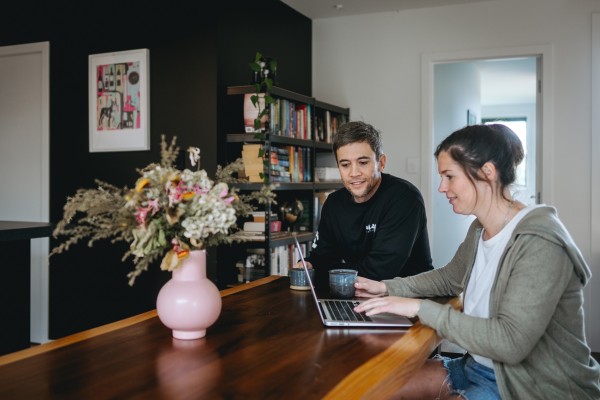
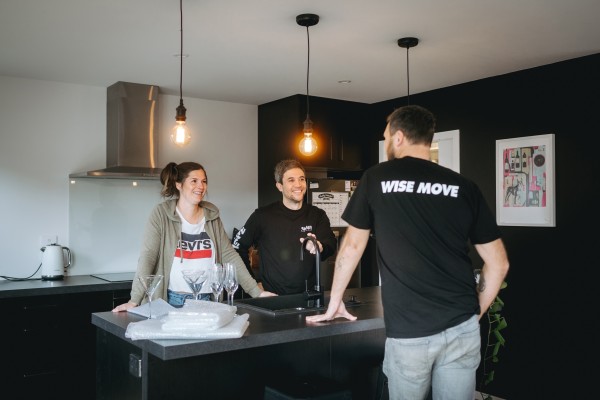
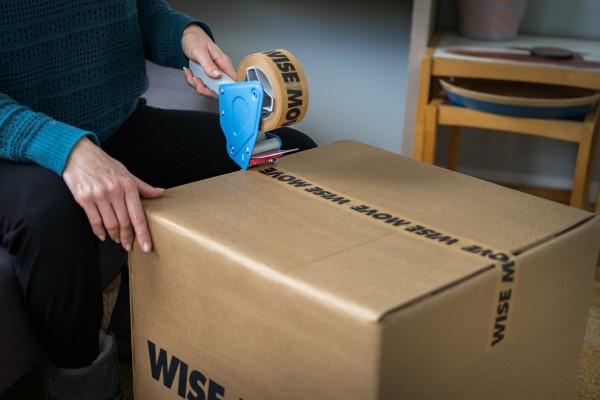
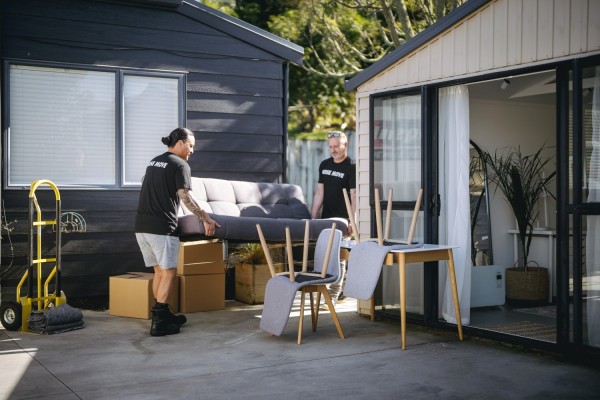
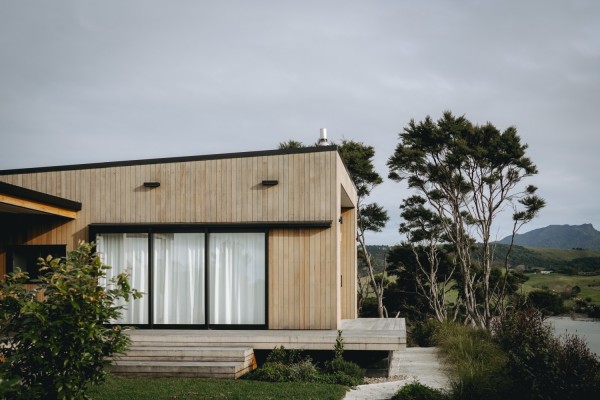
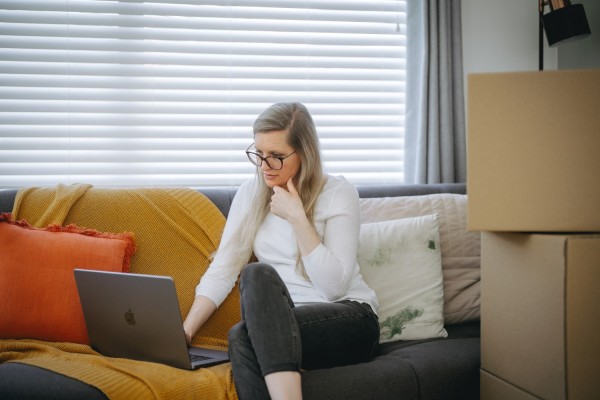
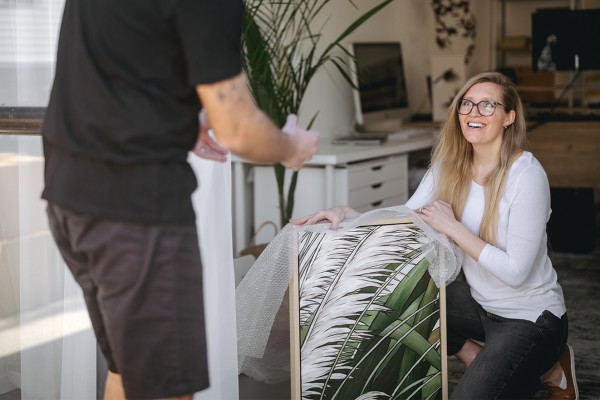
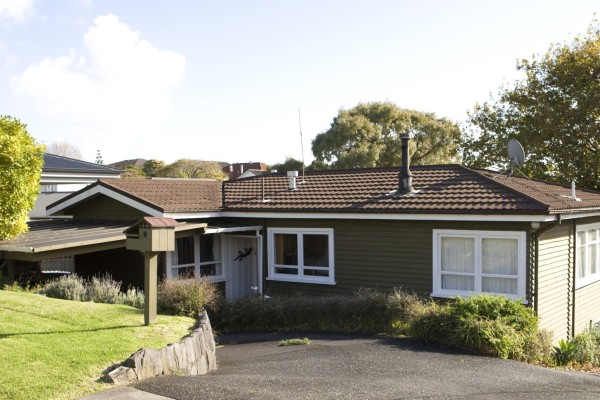
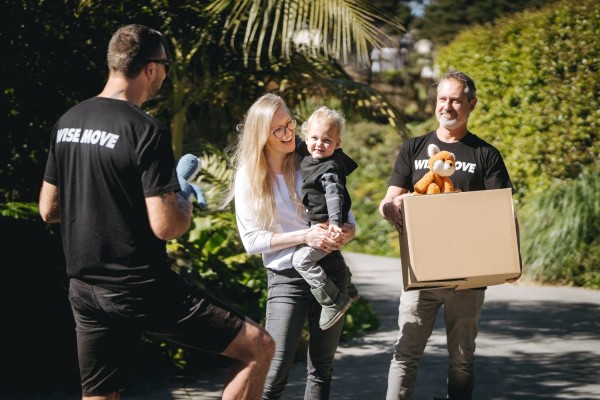
![What does it cost to build a new house in New Zealand? [2025] What does it cost to build a new house in New Zealand? [2025]](https://cdn.wisemove.co.nz/image/blog/ffd5dbdc5eec7e9eb3ad049d6c5c7f4d.jpeg)
